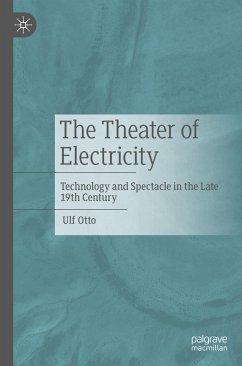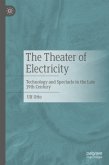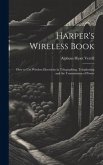Since the 1880s, electrical energies started circulating in European theaters, generated from fossil fuels in urban power plants. A mysterious force, which was still traded as romantic life force by some and for others had already come to stand in for progress, entered performance venues. Engineering knowledge, control techniques and supply chains changed fundamentally how theater was made and thought of. The mechanical image machine from Renaissance and Baroque times was transformed into a thermodynamic engine. Modern theater turned out to be electrified theater. - Retracing what happened backstage before the Avantgarde took to the front stage, this book proposes to write the genealogy of theaters modernity as a cultural history of theater technology.
"Historians of technology with various interests will find parts of this book to be a rewarding read. Those who study technological and scientific exhibitions may enjoy the sections on nineteenth-century German industrial exhibitions; those interested in European displays of electricity will find multiple dissections of electricity used in spectacle and performance; and, of course, those interested particularly in the evolution of technologies of stagecraft will find a fresh perspective on the early electrification of German theaters." (Sarah Kriger, Technology and Culture, Vol. 65 (2), April, 2024)








